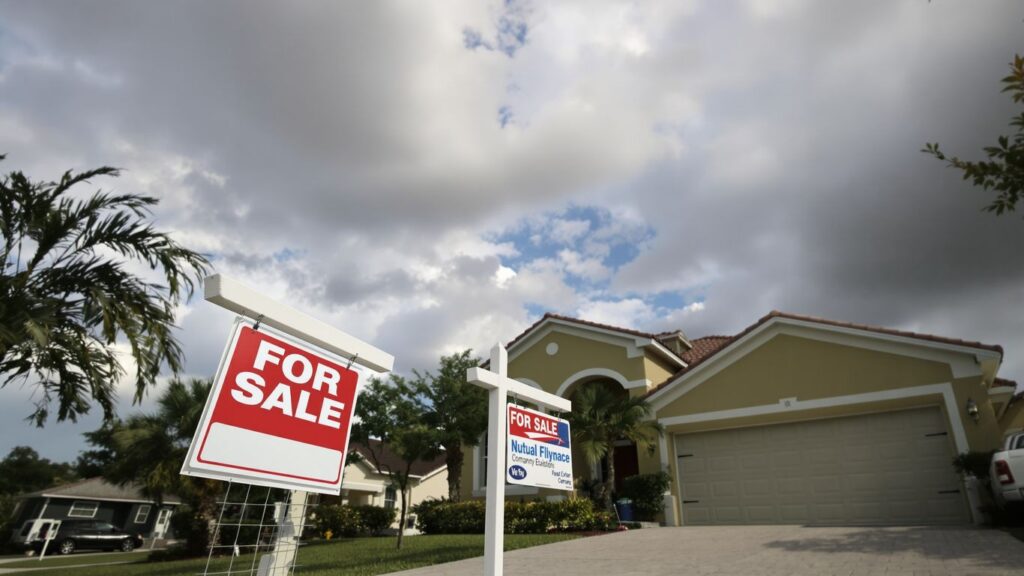Florida’s once-booming real estate market is experiencing a significant slowdown, with an increasing number of unsold homes and a noticeable drop in prices. This shift marks a reversal from the pandemic-driven surge, leaving sellers facing challenges and buyers with more leverage.
Key Takeaways
- Florida markets, particularly in the Sun Belt, are cooling down significantly.
- Homes are lingering on the market longer, with price reductions becoming common.
- Factors like rising insurance costs, high interest rates, and increased inventory are contributing to the downturn.
- Some previously hot markets in Florida are now among the coldest in the nation.
The Cooling Trend
Once a magnet for buyers seeking affordability and a desirable climate, Florida’s housing market is now seeing a reversal of fortune. Cities that were once among the hottest markets in the country are now experiencing a significant cooling. This trend is attributed to a combination of factors, including increased costs of living, such as home insurance and property taxes, which are making the state less affordable for prospective buyers. As a result, demand has faded, leading sellers to slash prices.
Lingering Listings and Price Drops
Real estate agents and homeowners are reporting a noticeable change, with "For Sale" signs remaining in place for extended periods. Homes that were once snapped up quickly are now sitting on the market, often with price reductions. Some sellers are even considering renting out their properties instead of selling. Experts point to excessive building and a tight economy as contributing factors, with new developers lowering prices, which can negatively impact the overall market. This has led to situations where homes are dropping in value, and some short sales and foreclosures are beginning to reappear.
Factors Driving the Slowdown
Several key elements are contributing to Florida’s real estate market slowdown. Rising interest rates are a primary concern, as a higher interest rate significantly impacts monthly mortgage payments, making homeownership less accessible. Additionally, increased insurance costs and property taxes add to the overall burden for homeowners. In some areas, like West Palm Beach, a large inventory of new construction alongside older buildings provides buyers with more choices, further pressuring home values. The combination of too many homes for sale and not enough buyers has created a buyer’s market, giving purchasers more negotiating power.
Market Outlook
Despite the current challenges, some real estate professionals remain optimistic about Florida’s long-term prospects. They emphasize that the state’s appeal, including its beaches and weather, remains intact. While the market is in a recovery or adjustment phase, experts suggest that a potential cut in interest rates could help revitalize the market. However, for now, sellers are facing a more turbulent environment, with homes lingering on the market and prices declining.
Sources
- The 5 Hottest and 5 Coldest Housing Markets in the US, Business Insider.
- Florida’s real estate slowdown leaves homes unsold and prices dropping | State, WINK News.
- Here’s what experts tell us is ‘keeping home values down’, WPTV.
- What’s causing the turbulent housing market in Florida?, WPTV.


